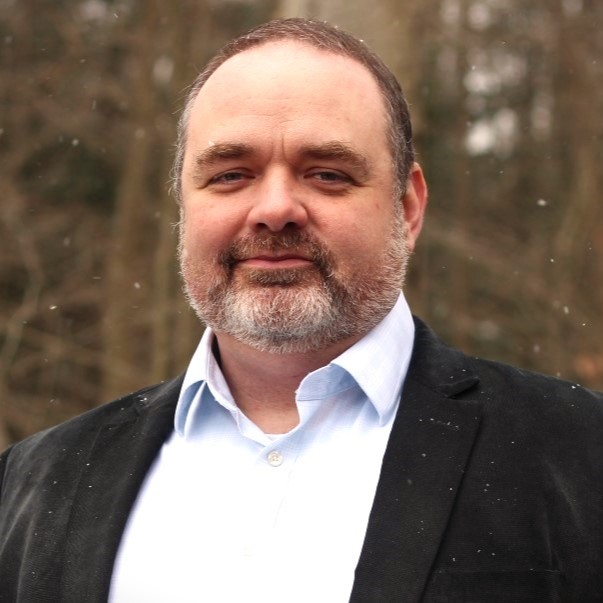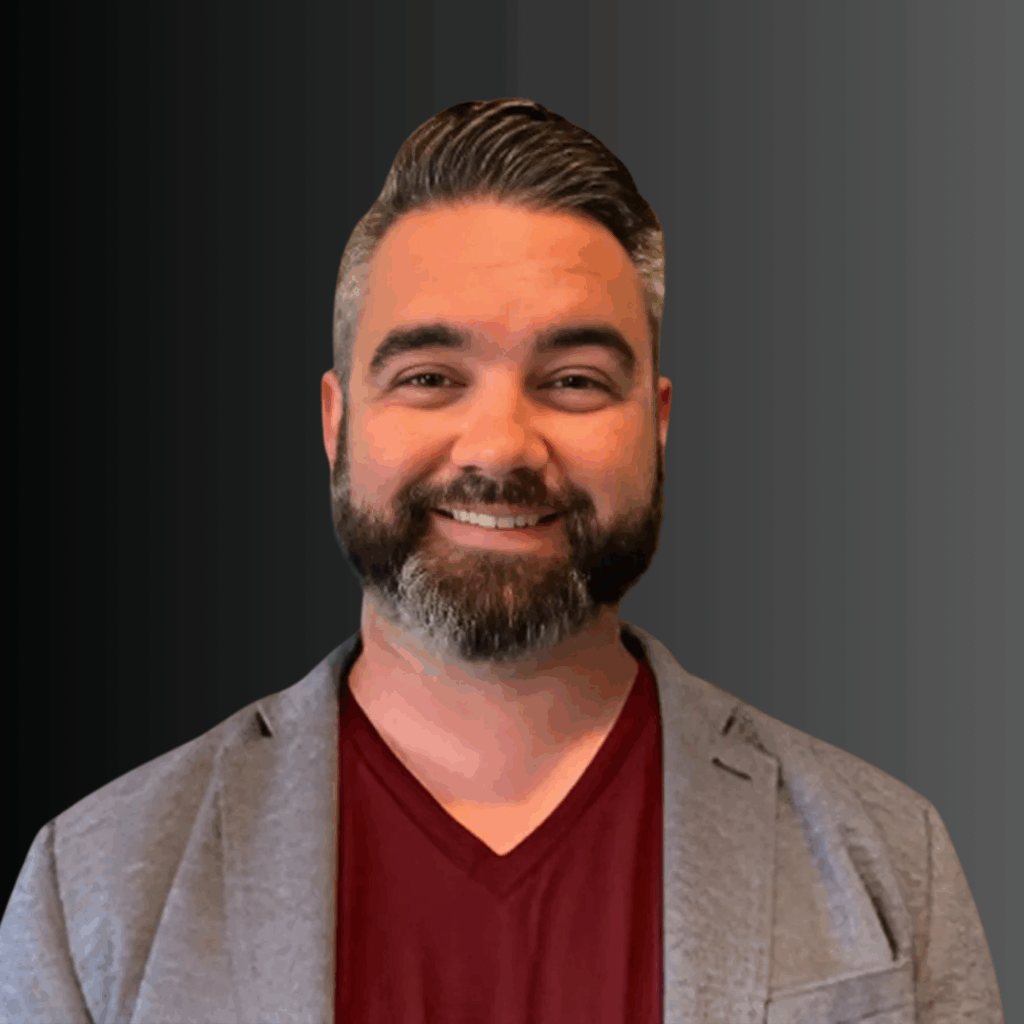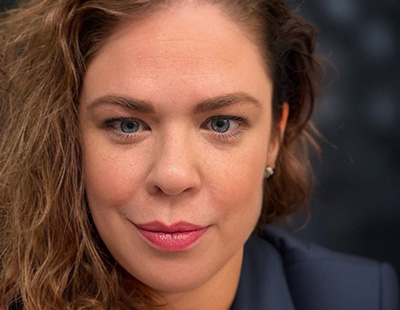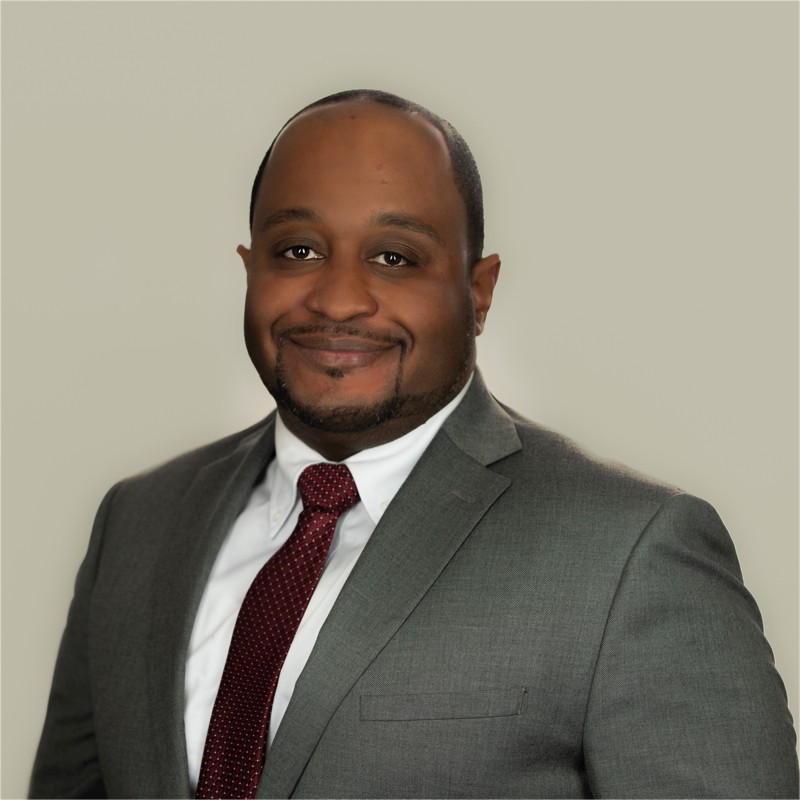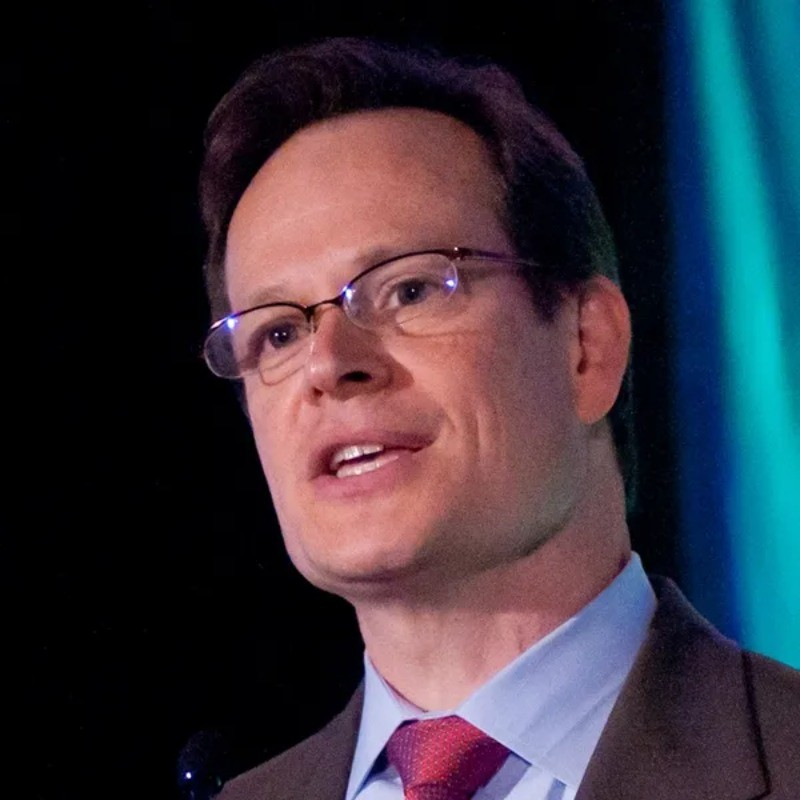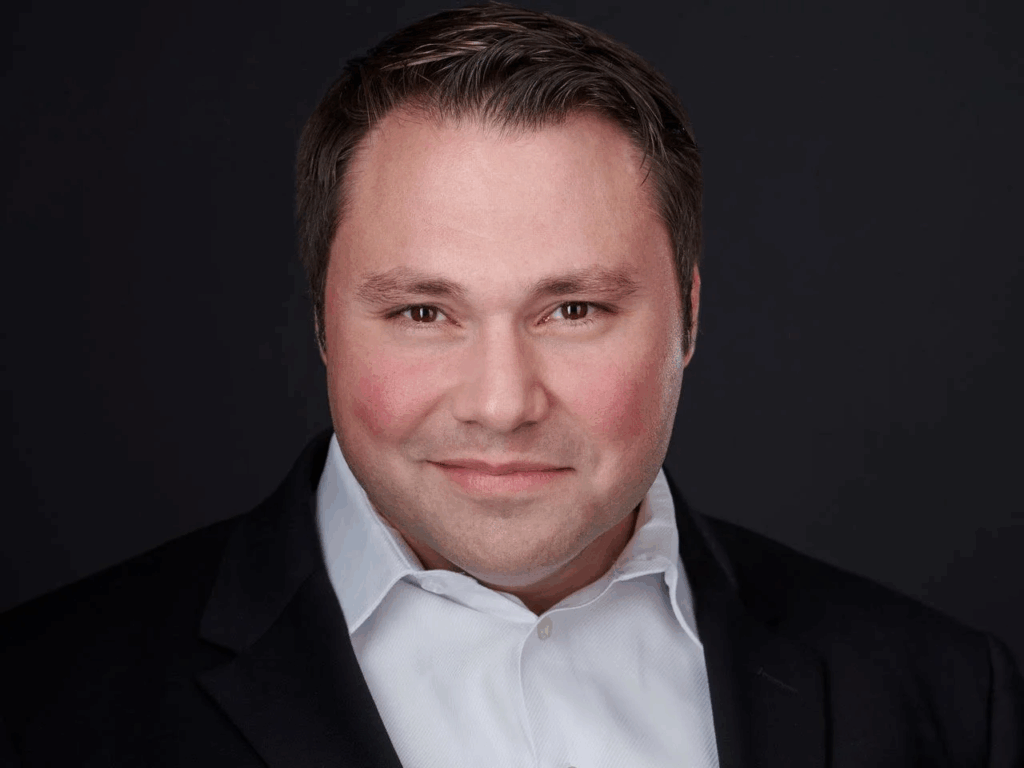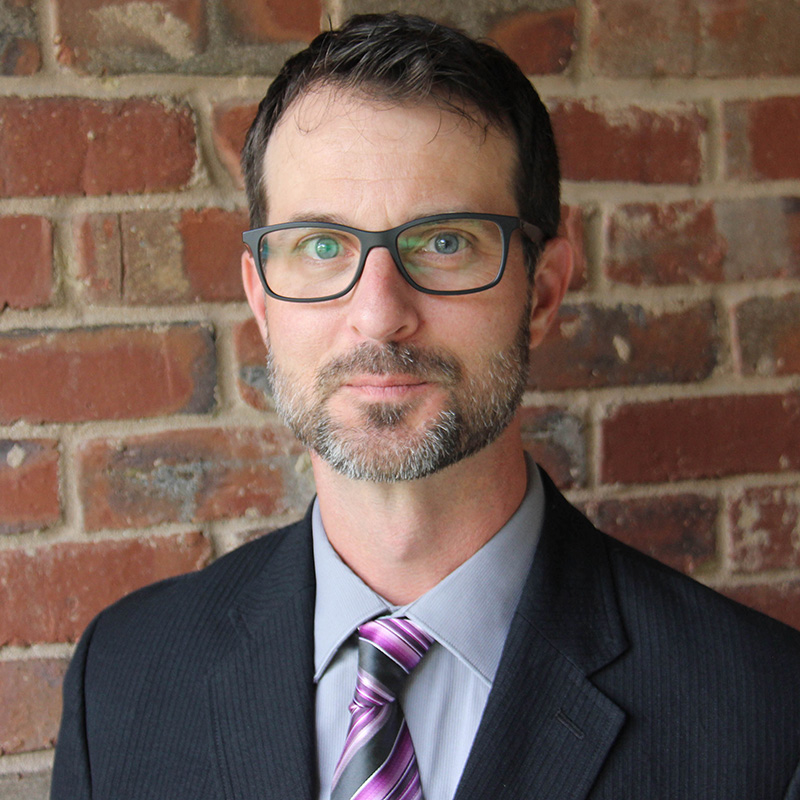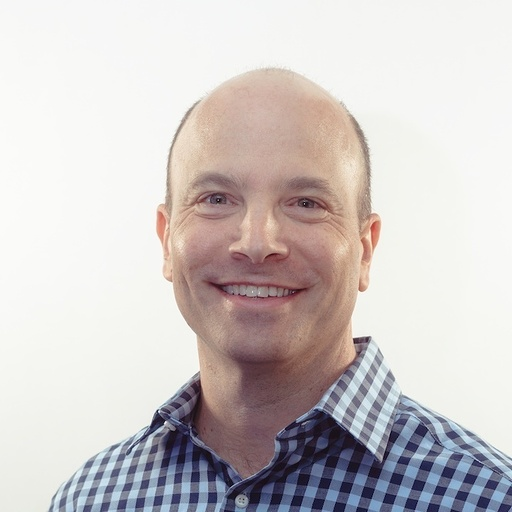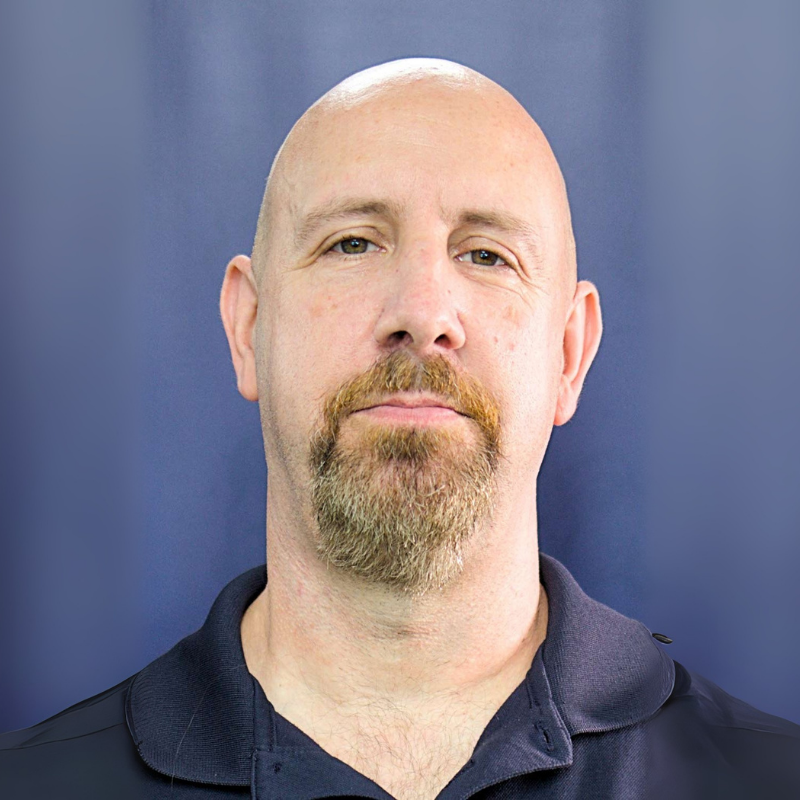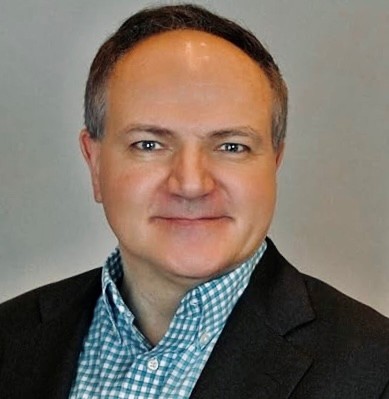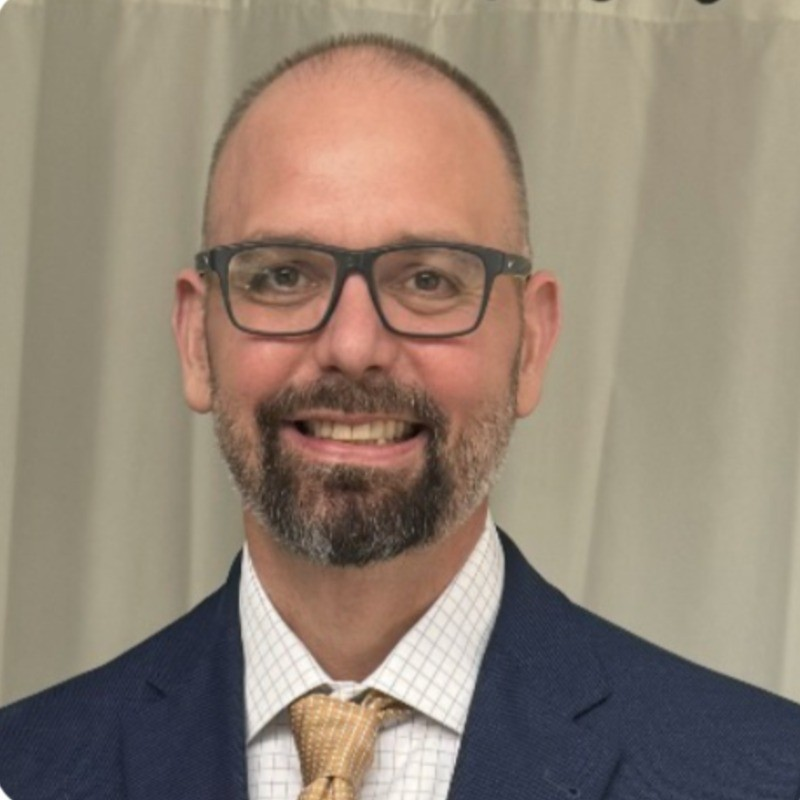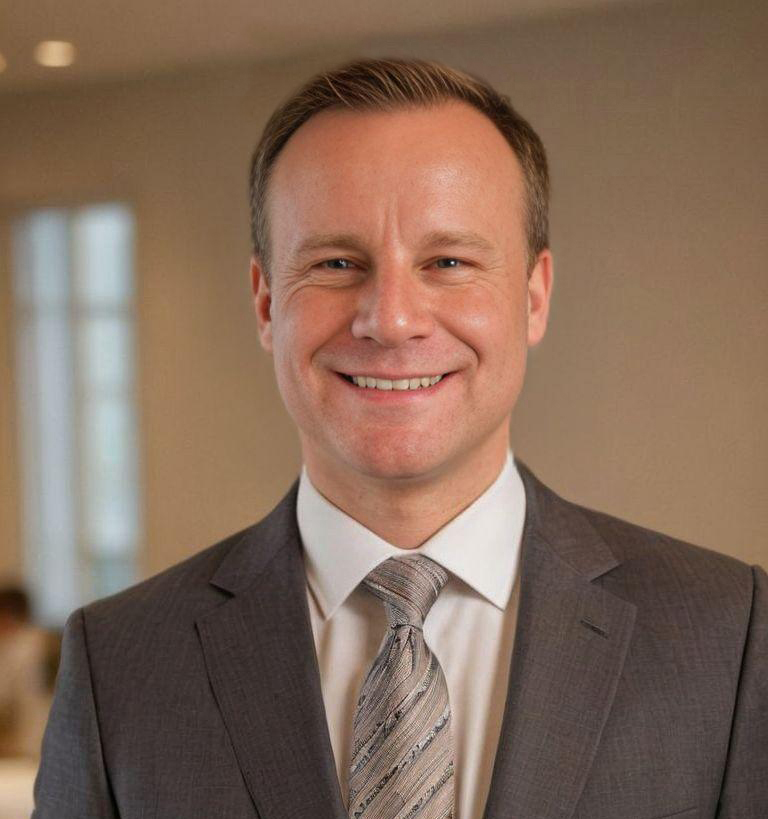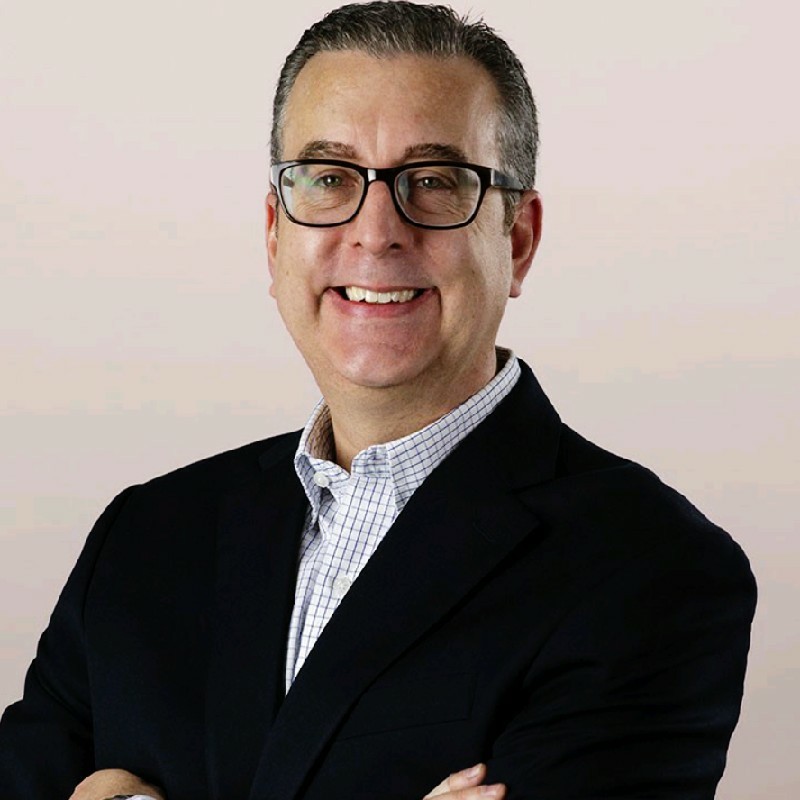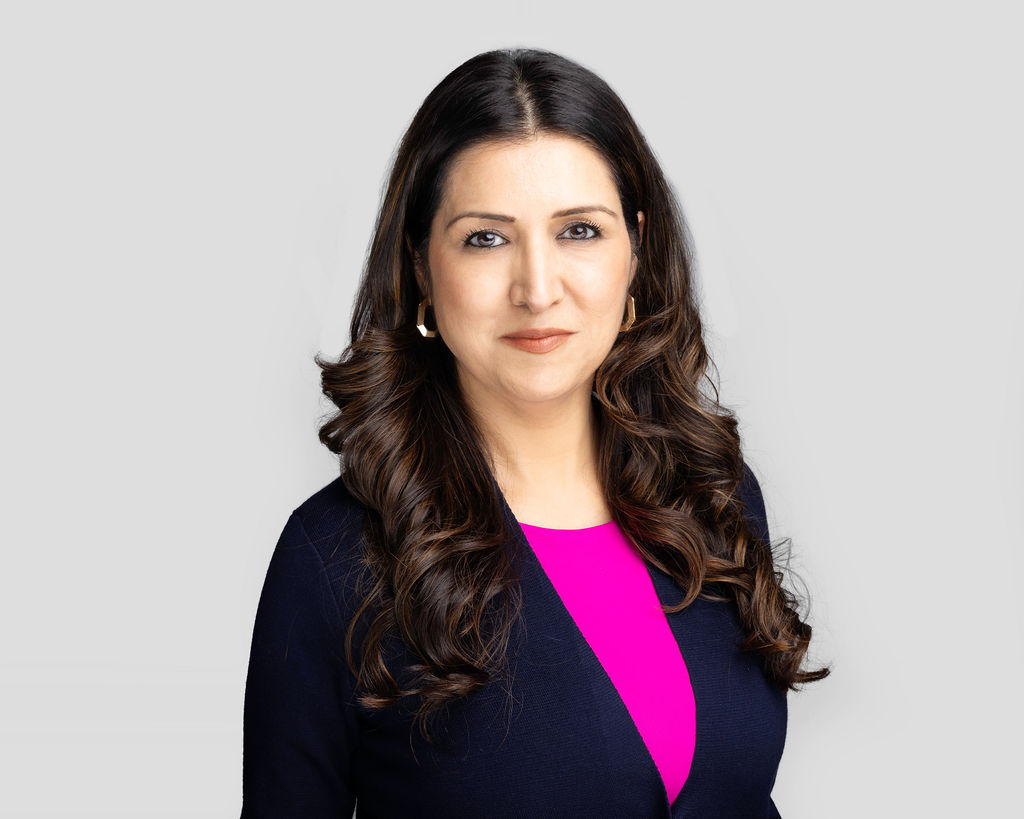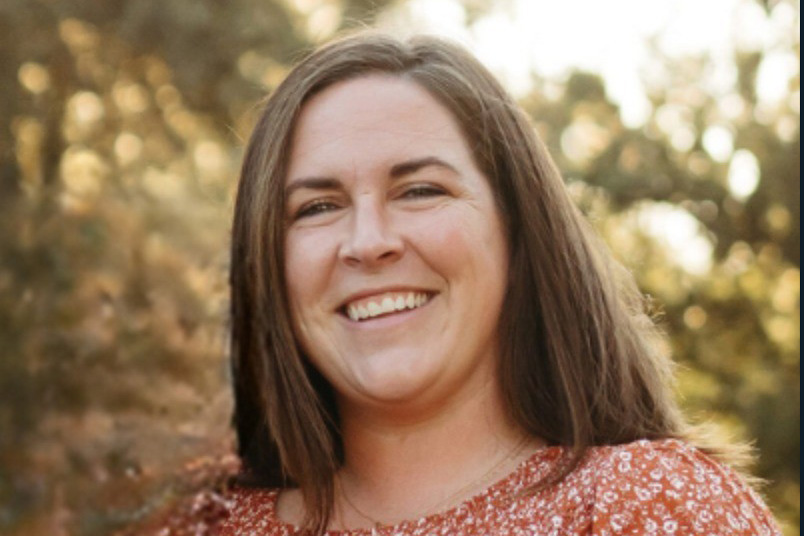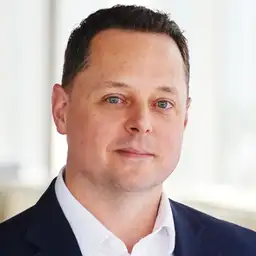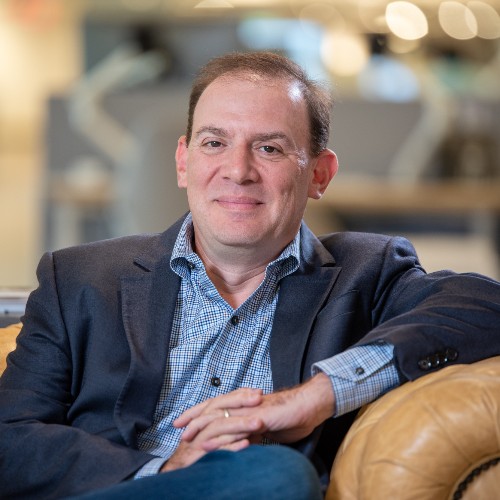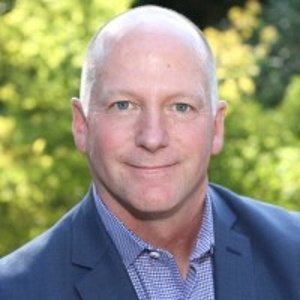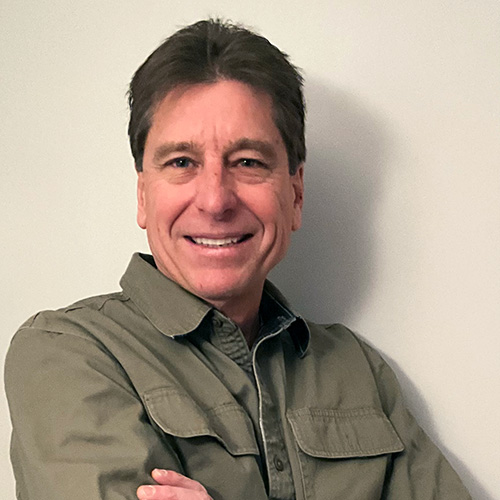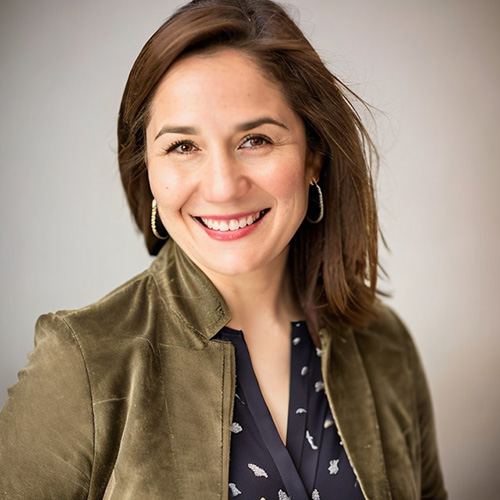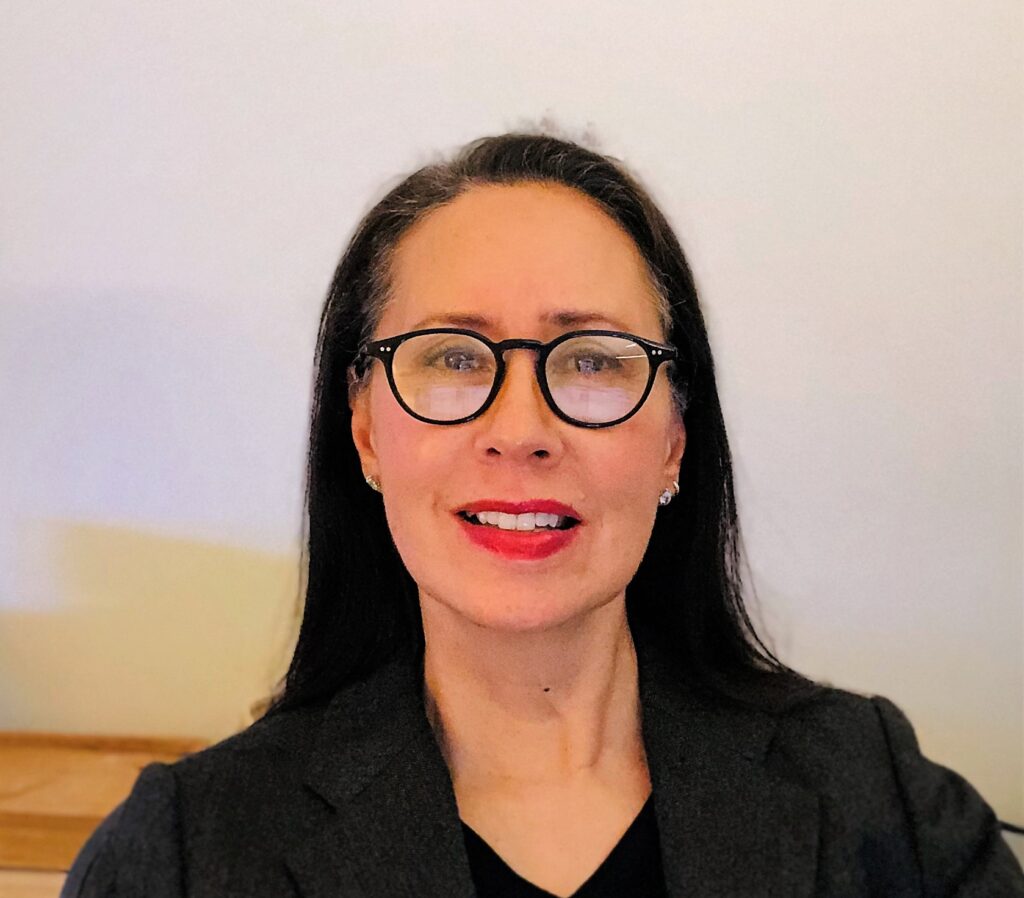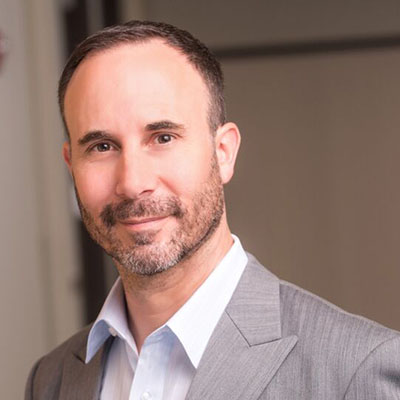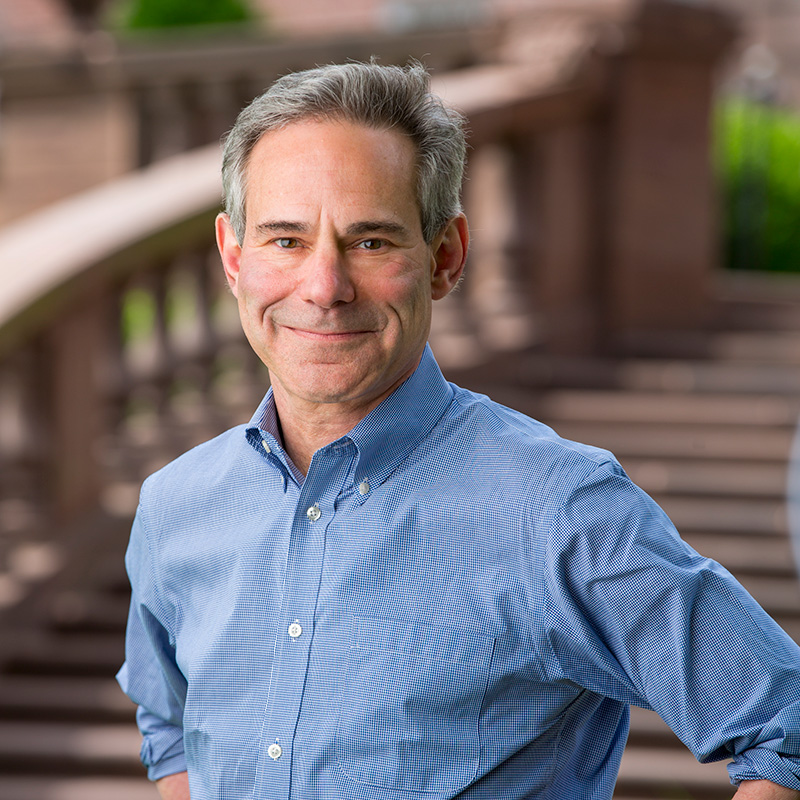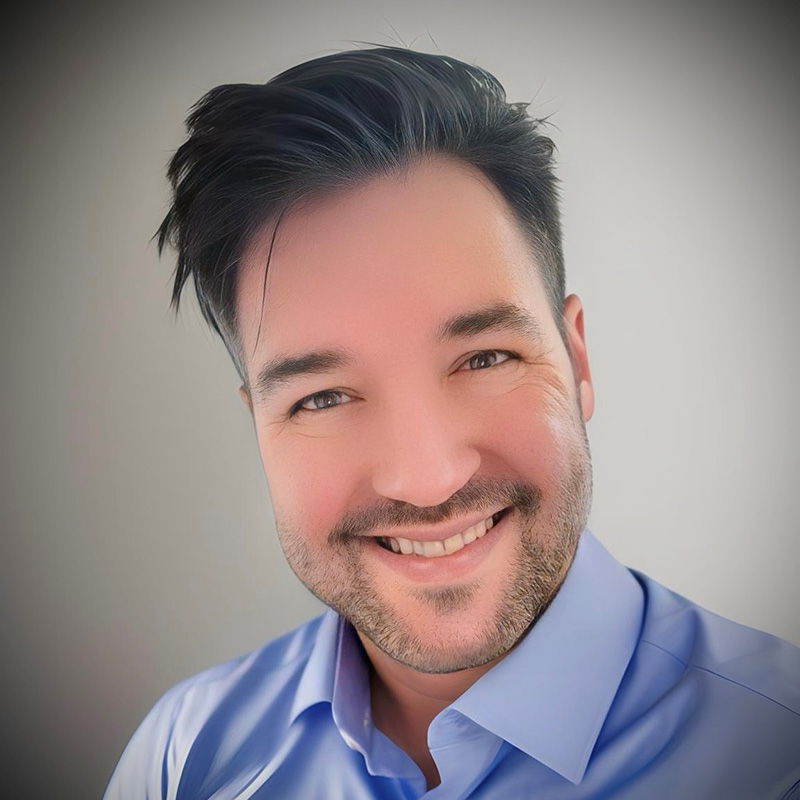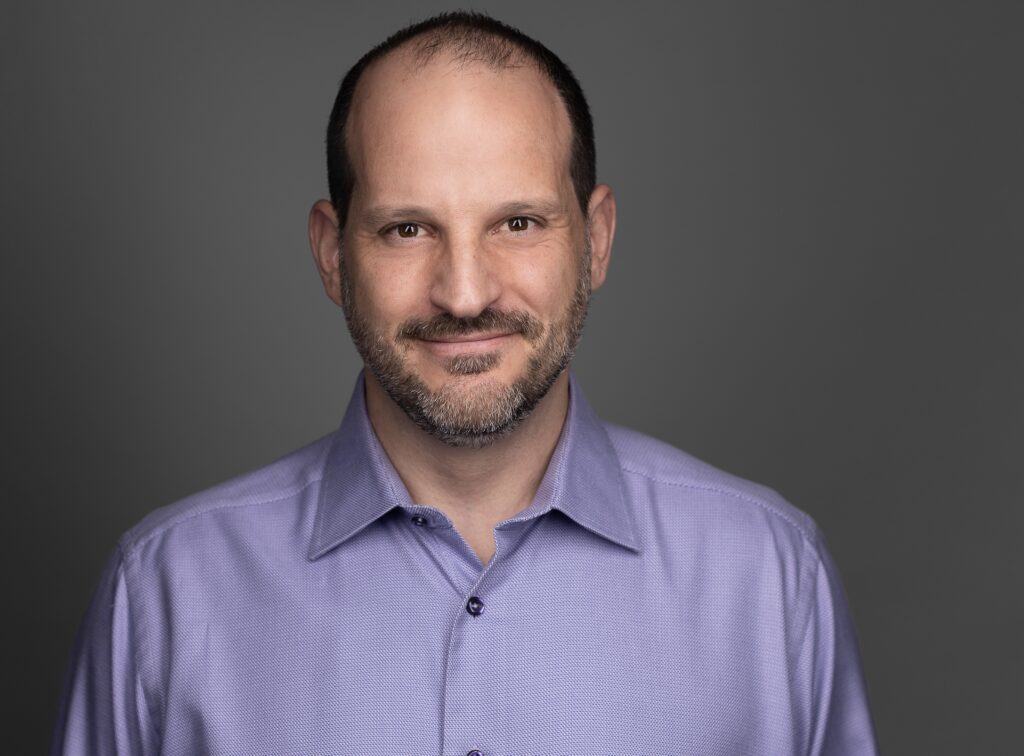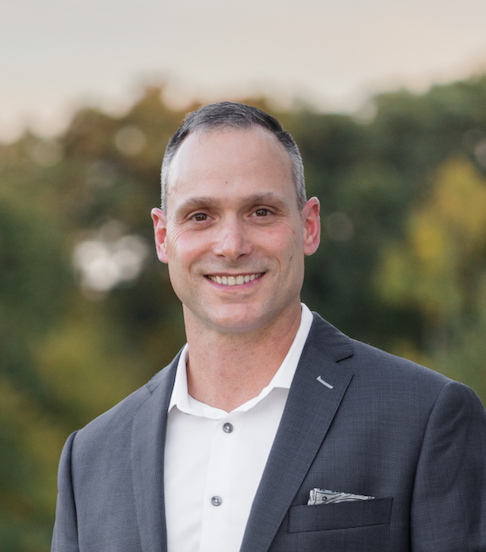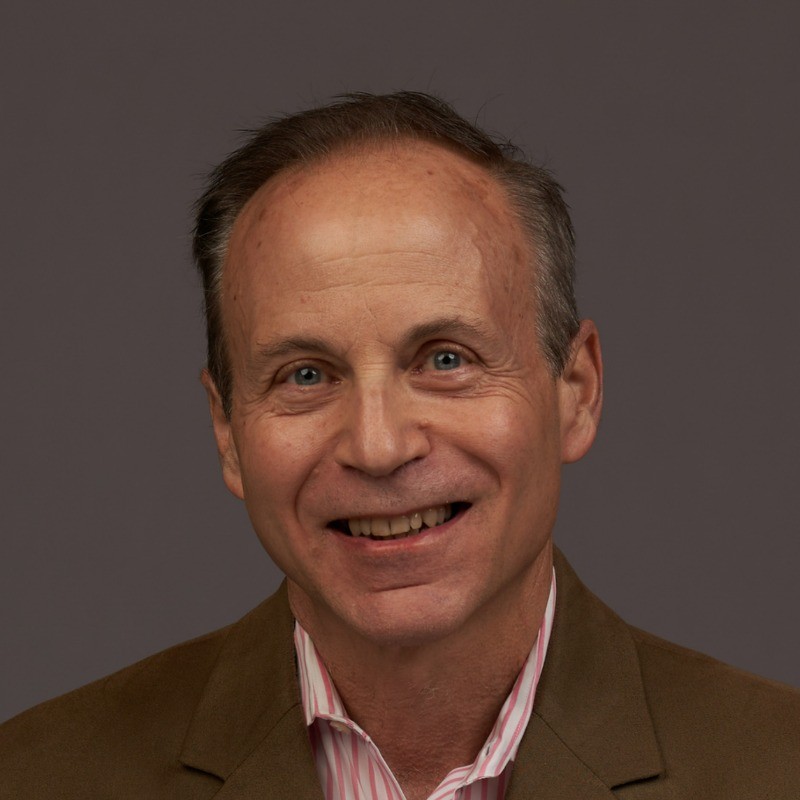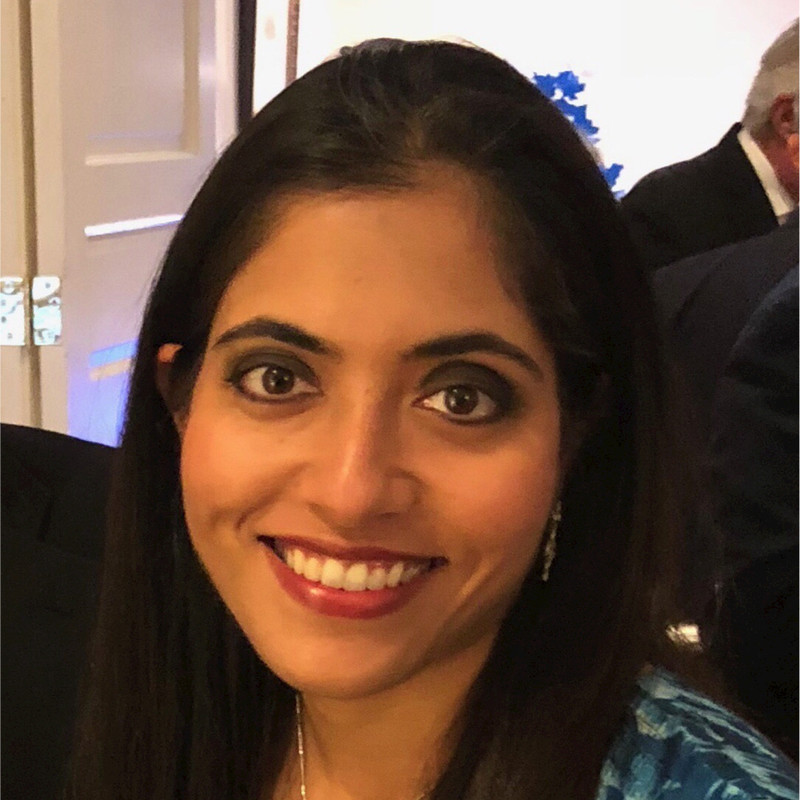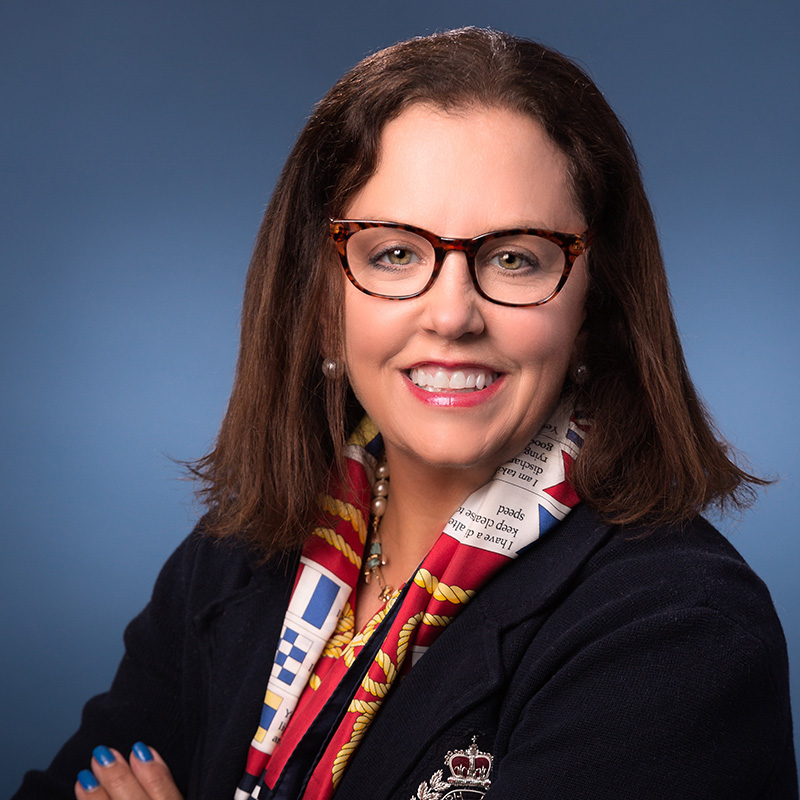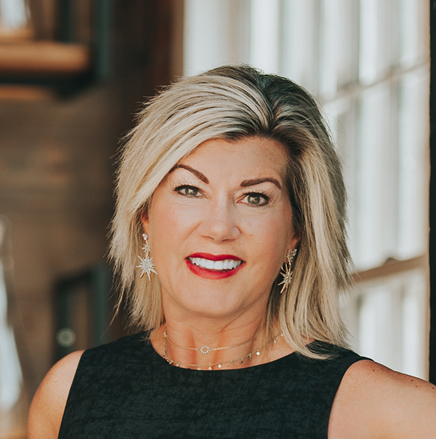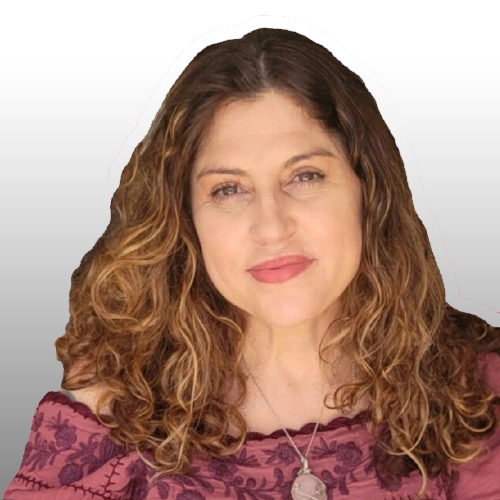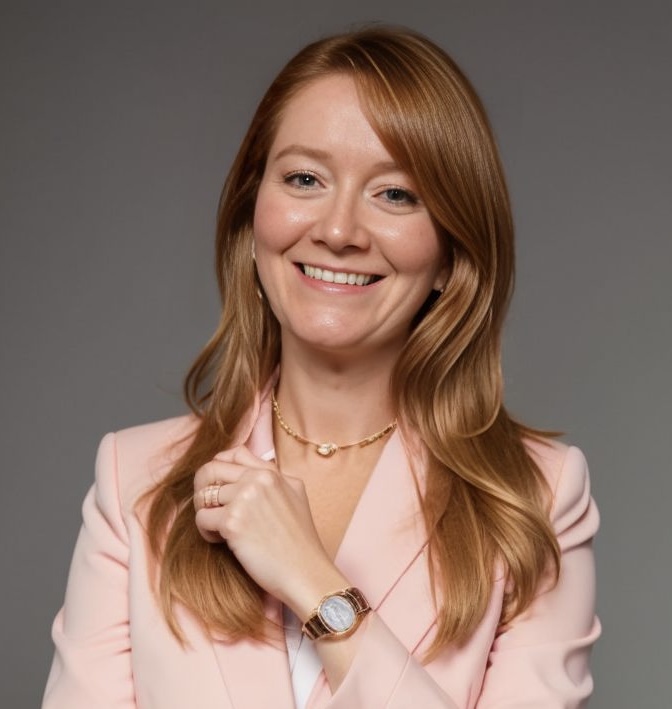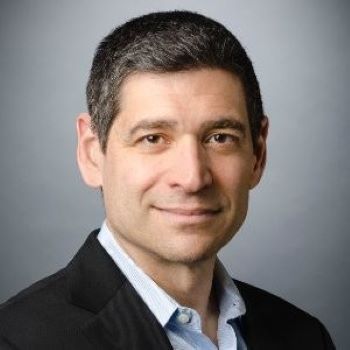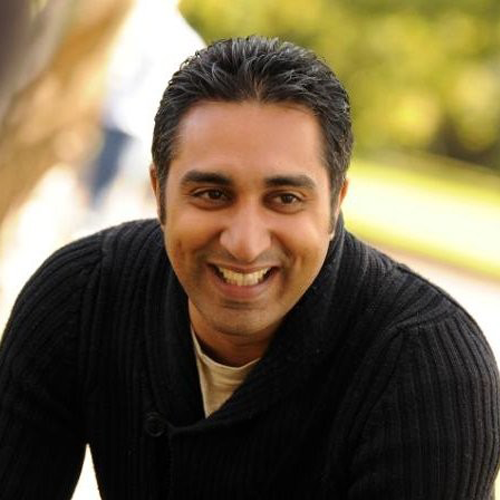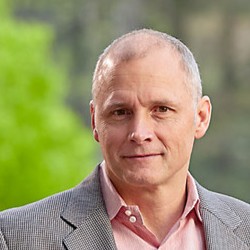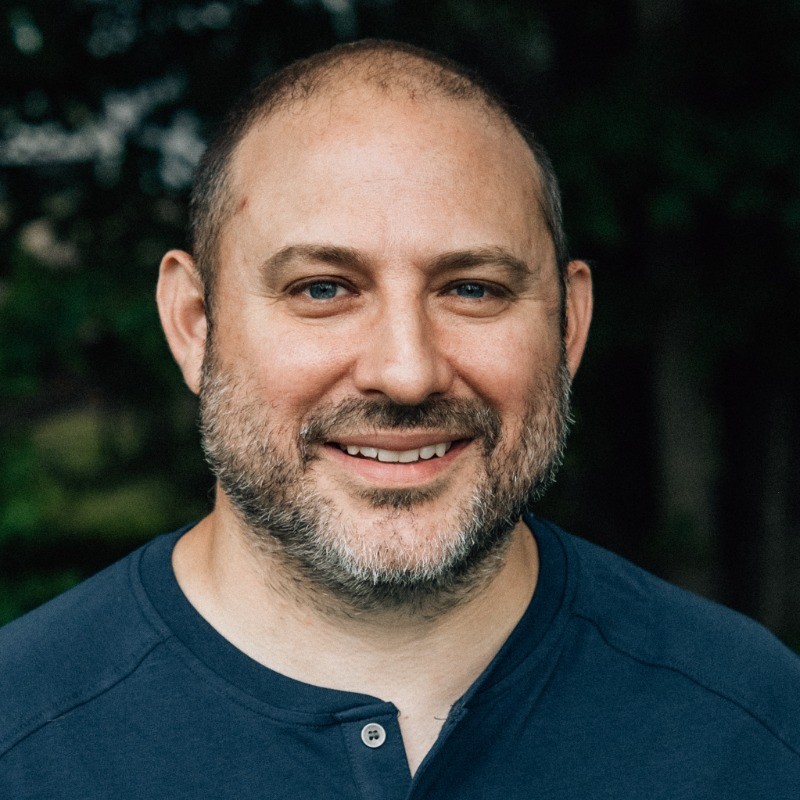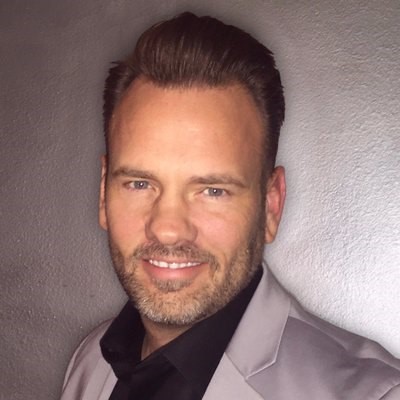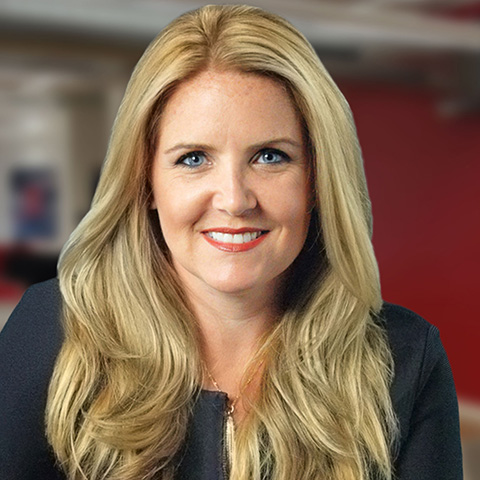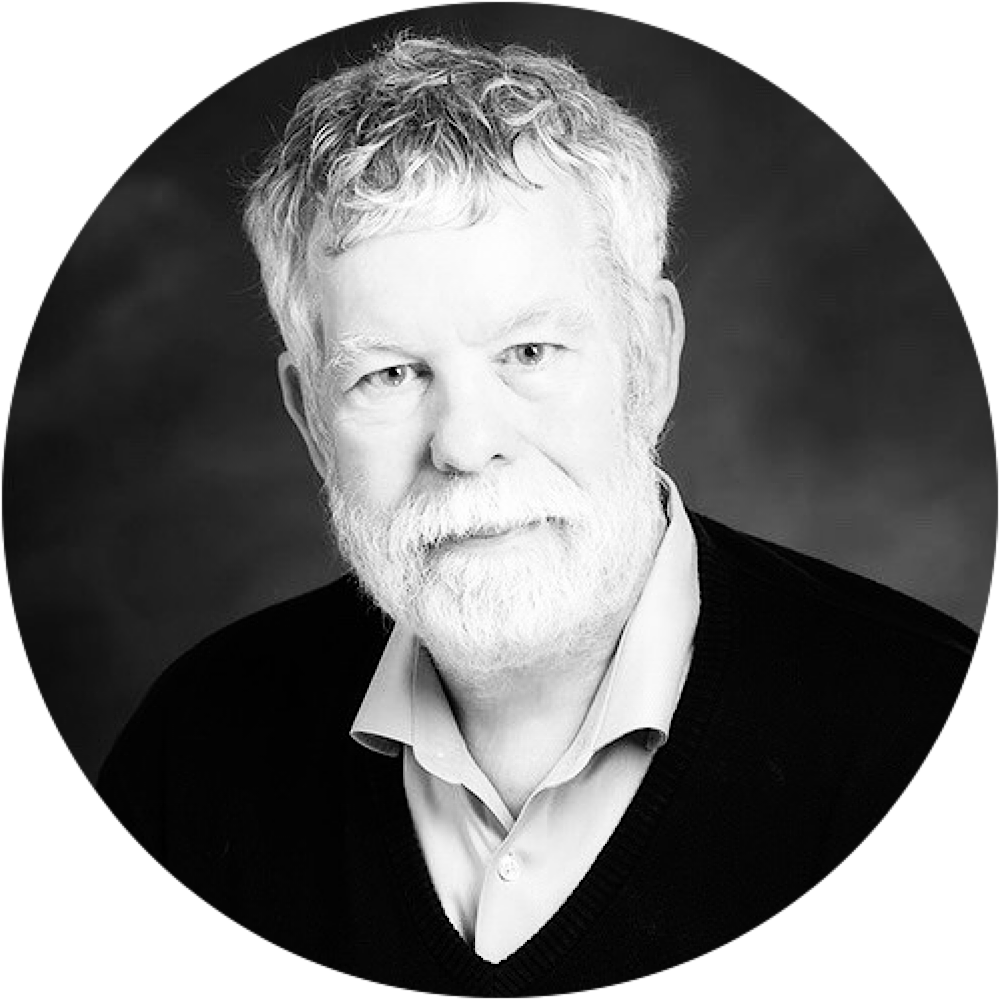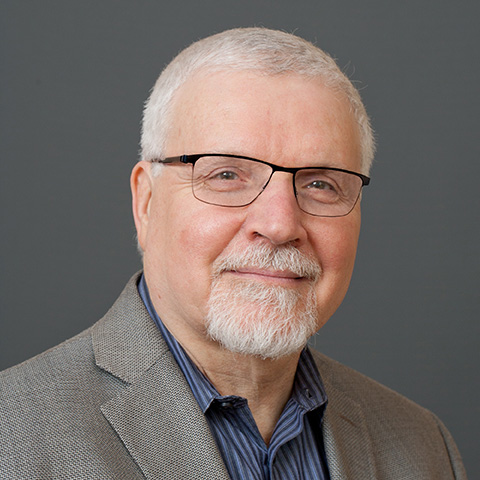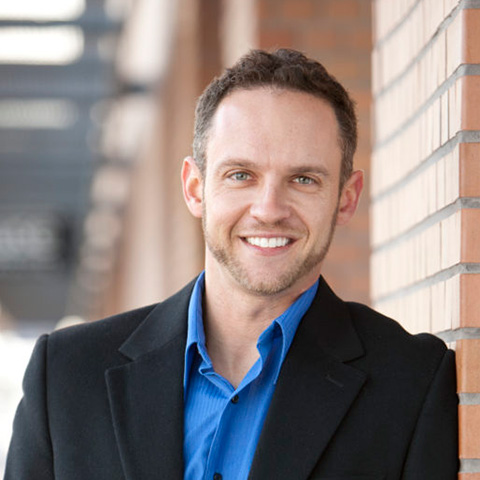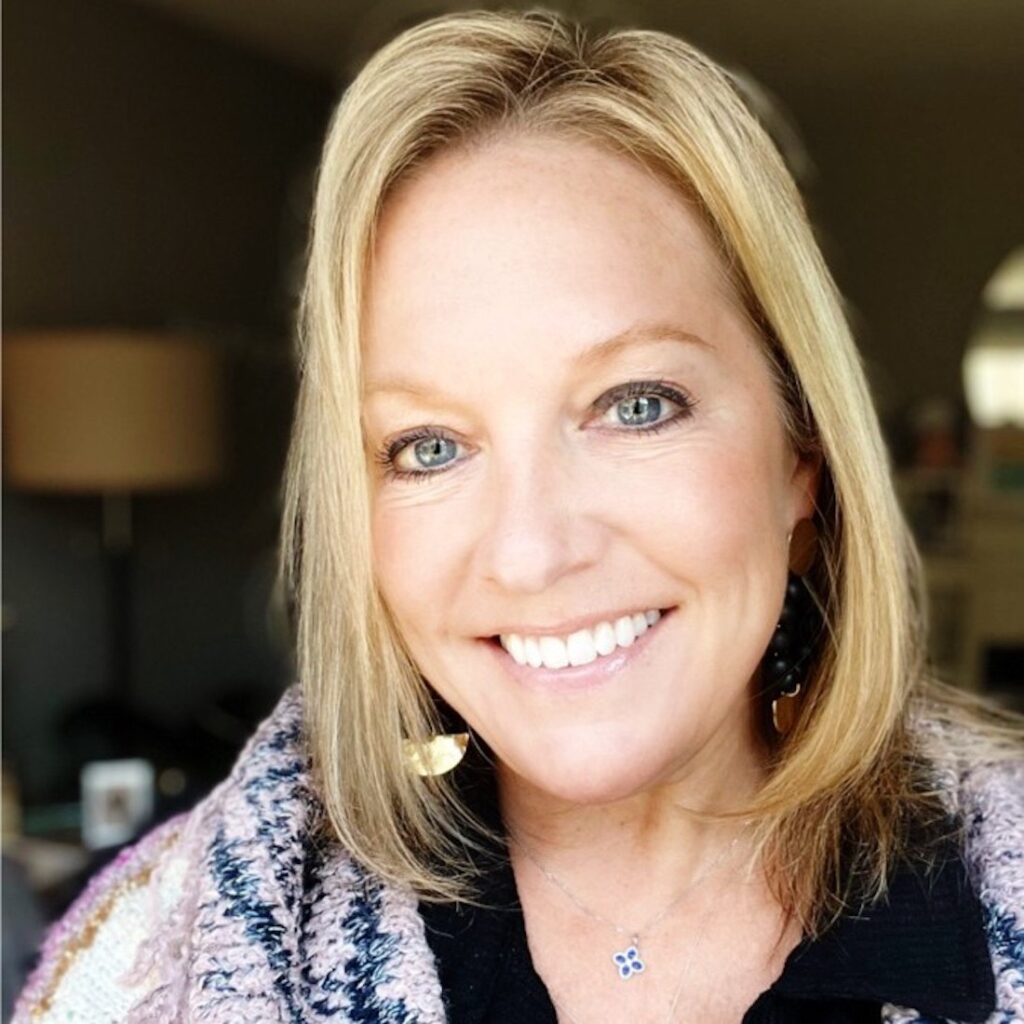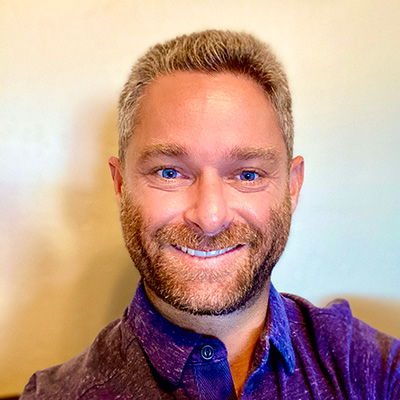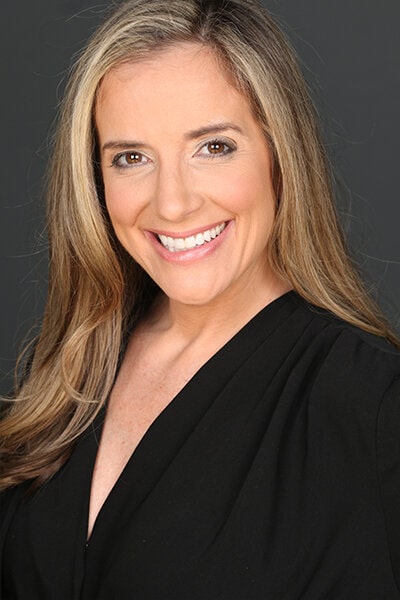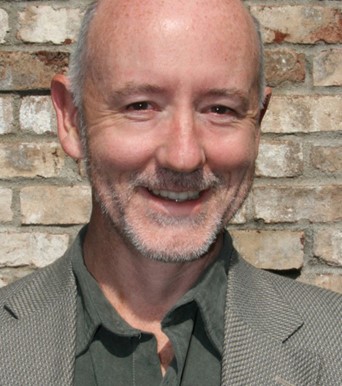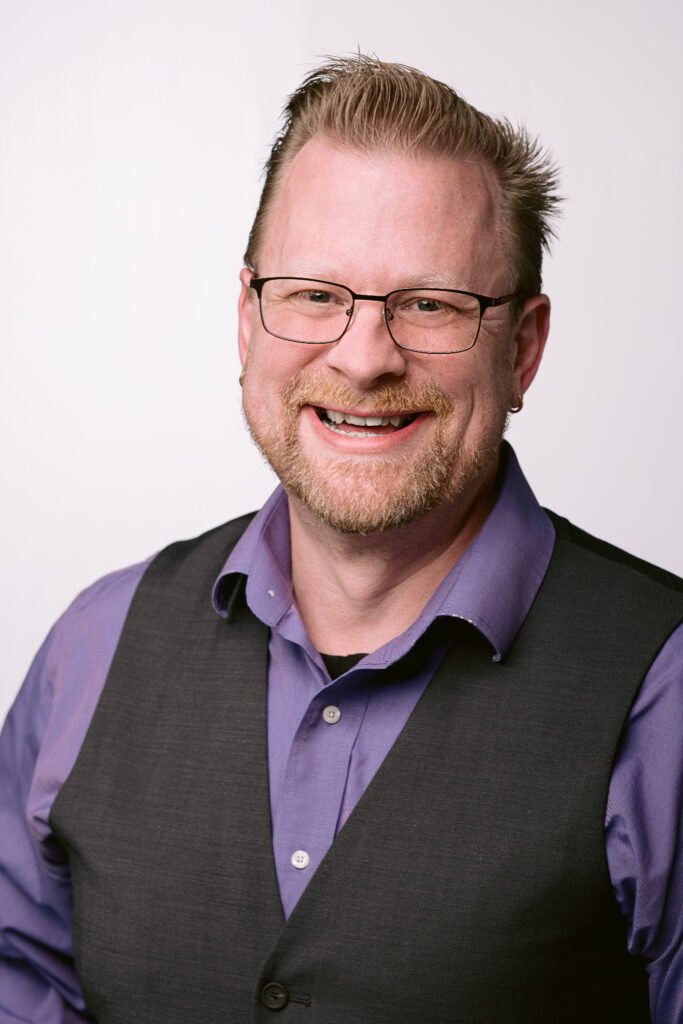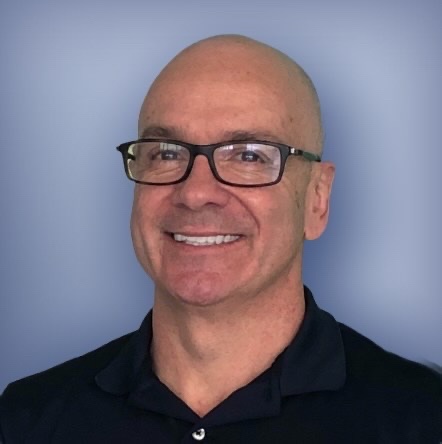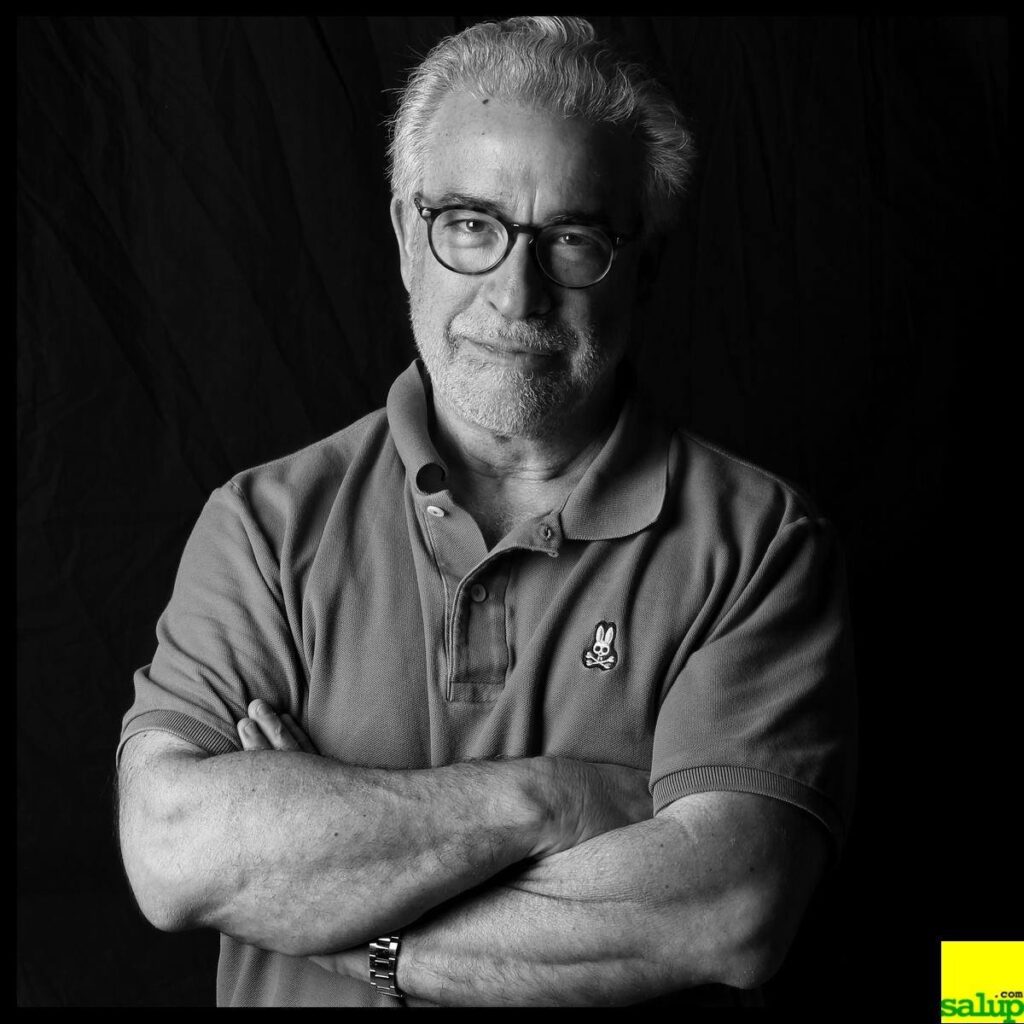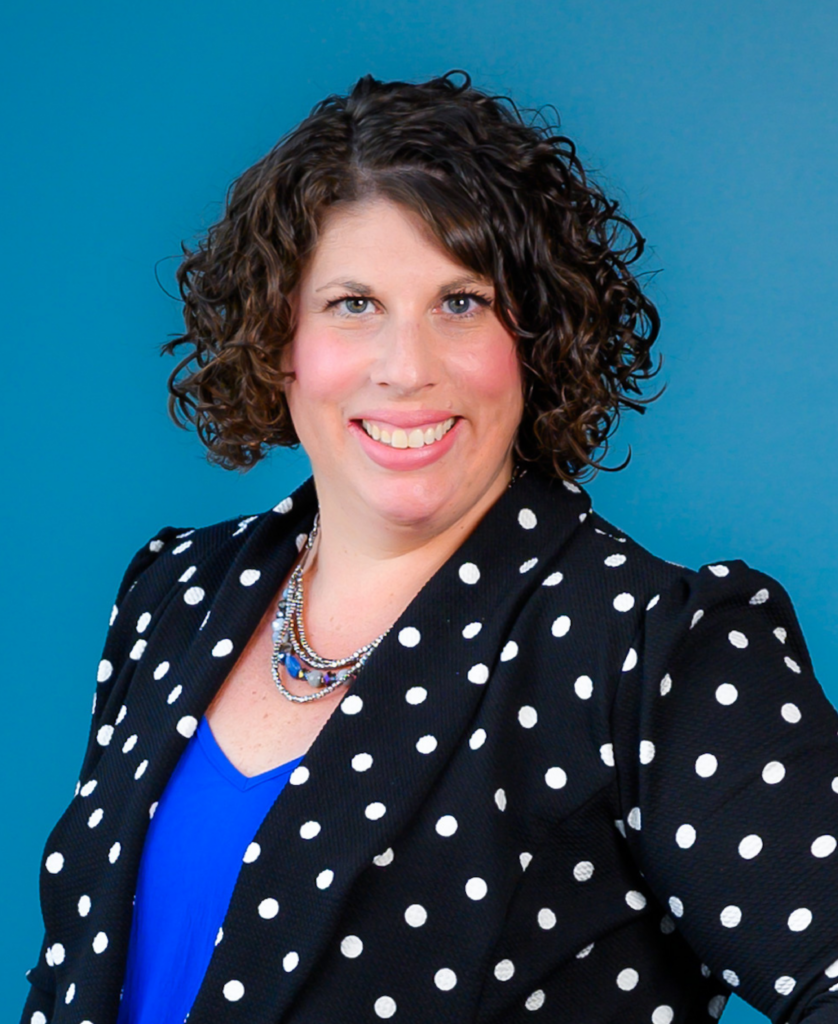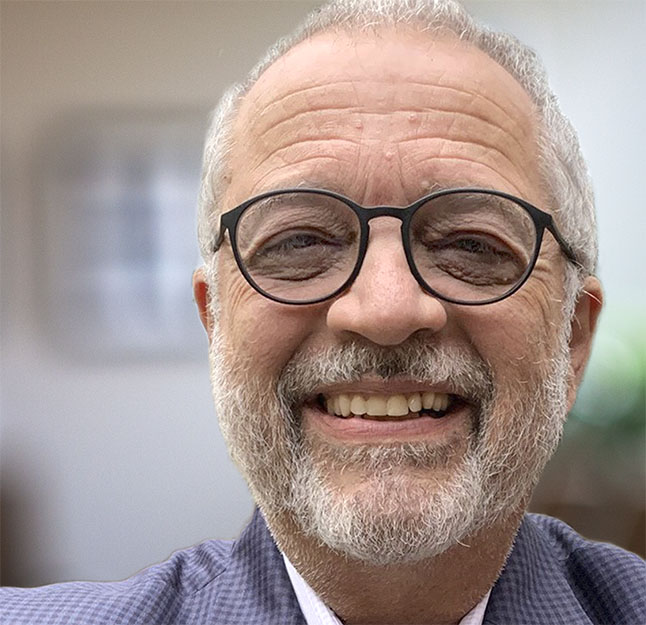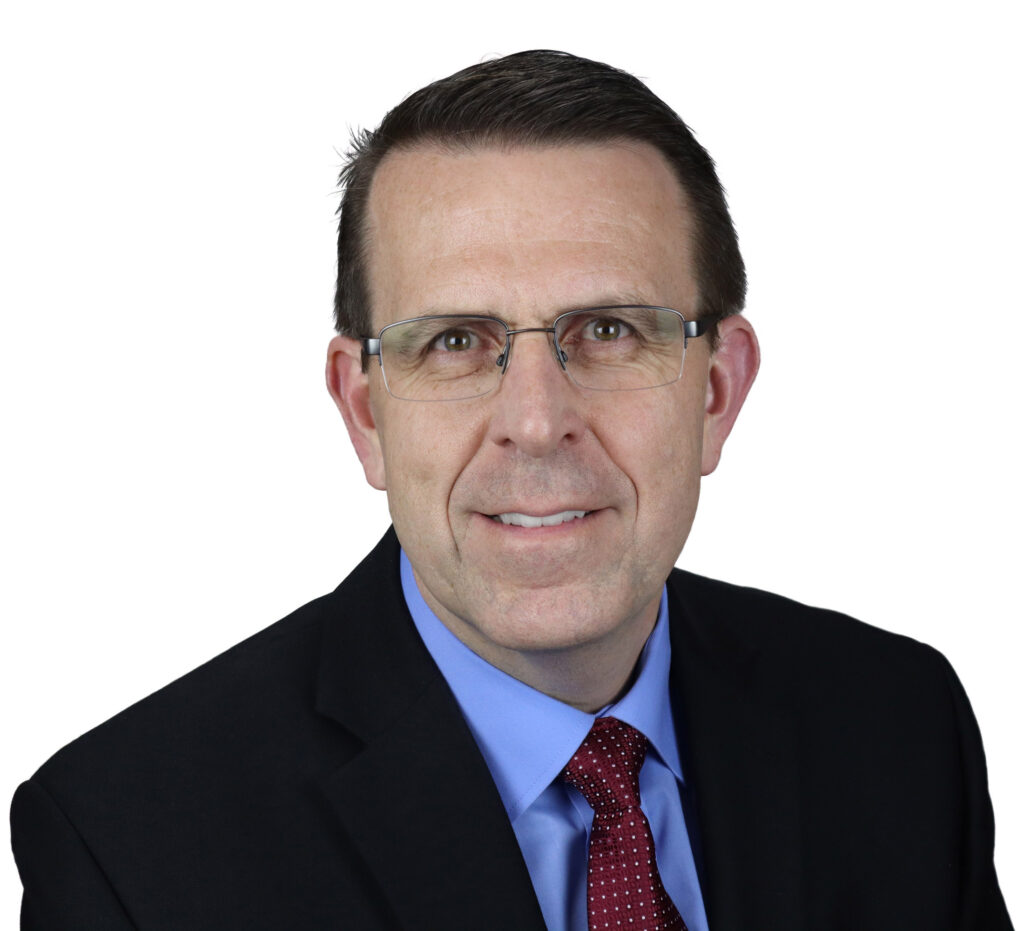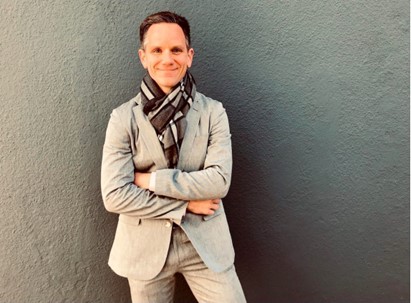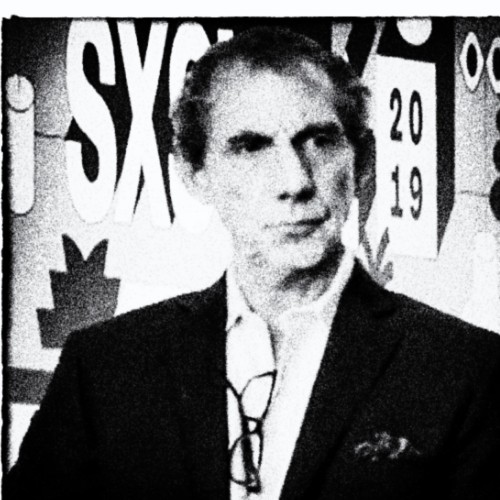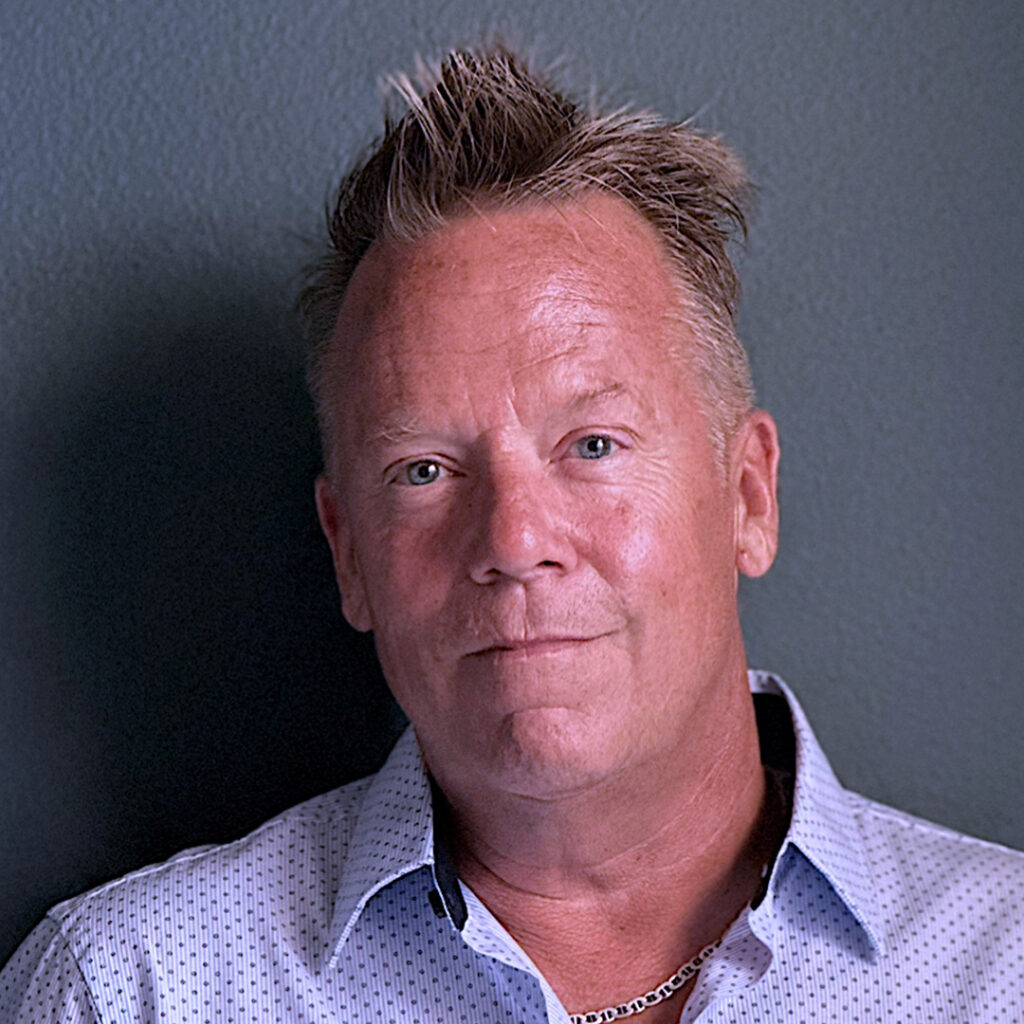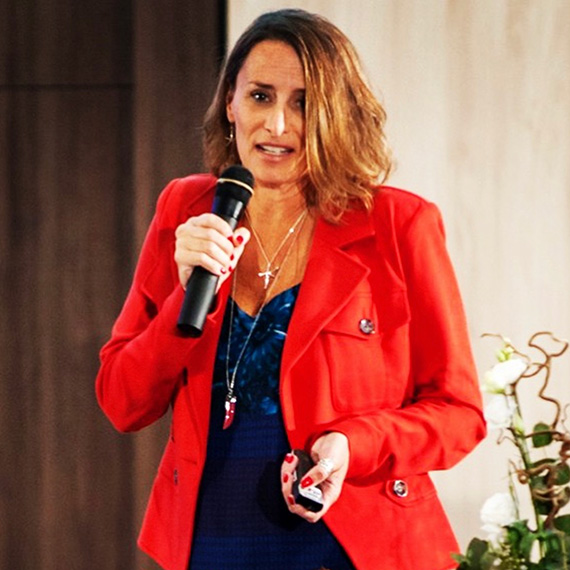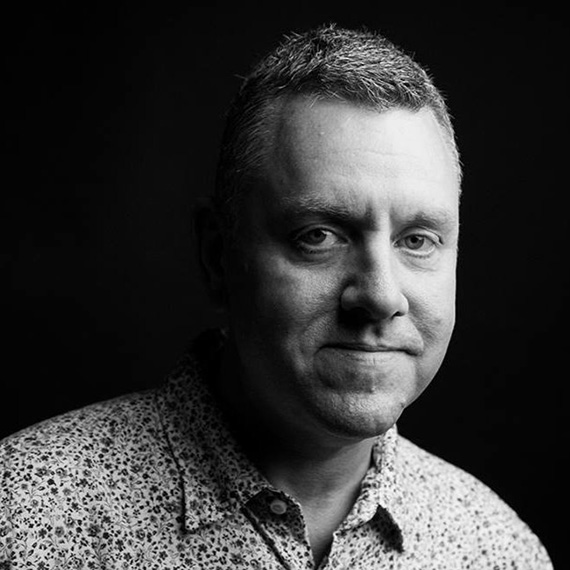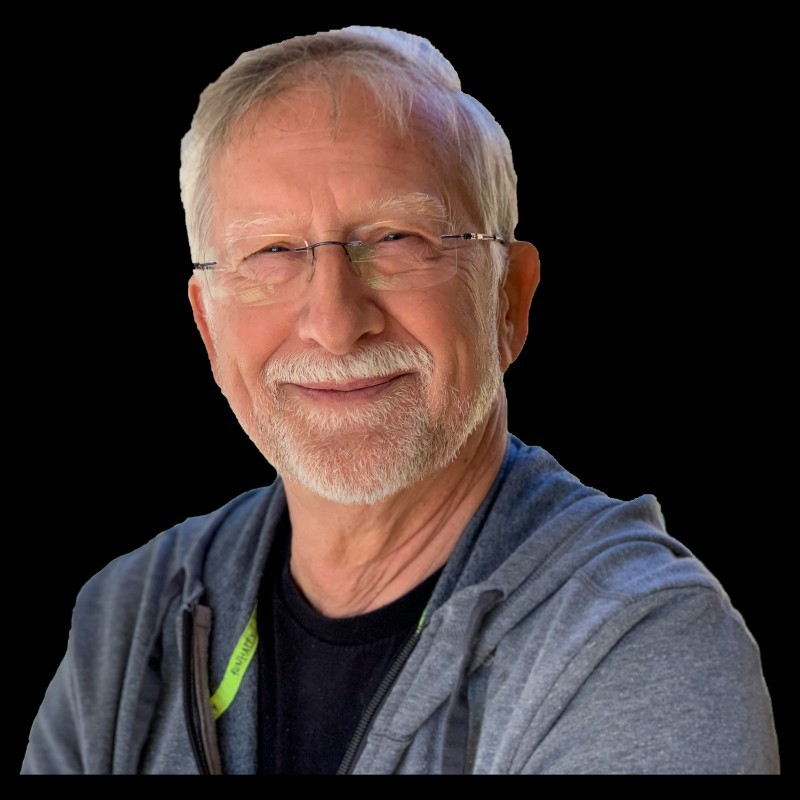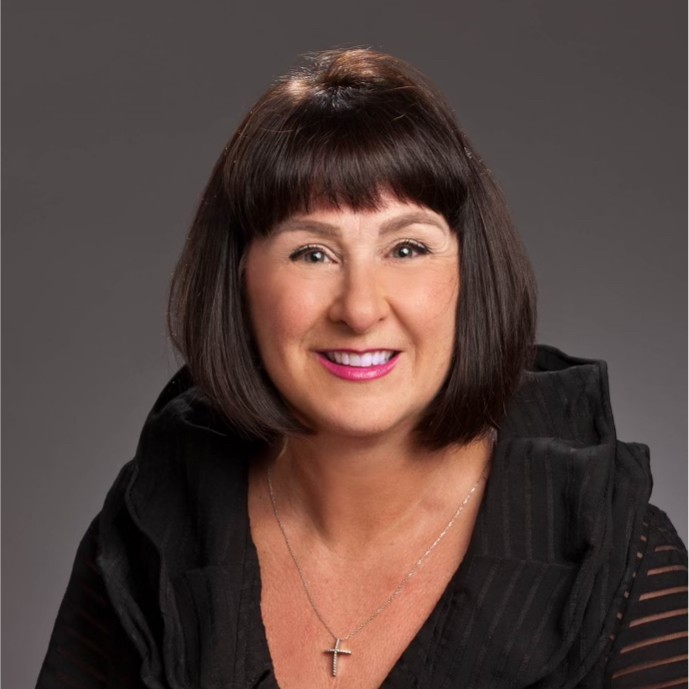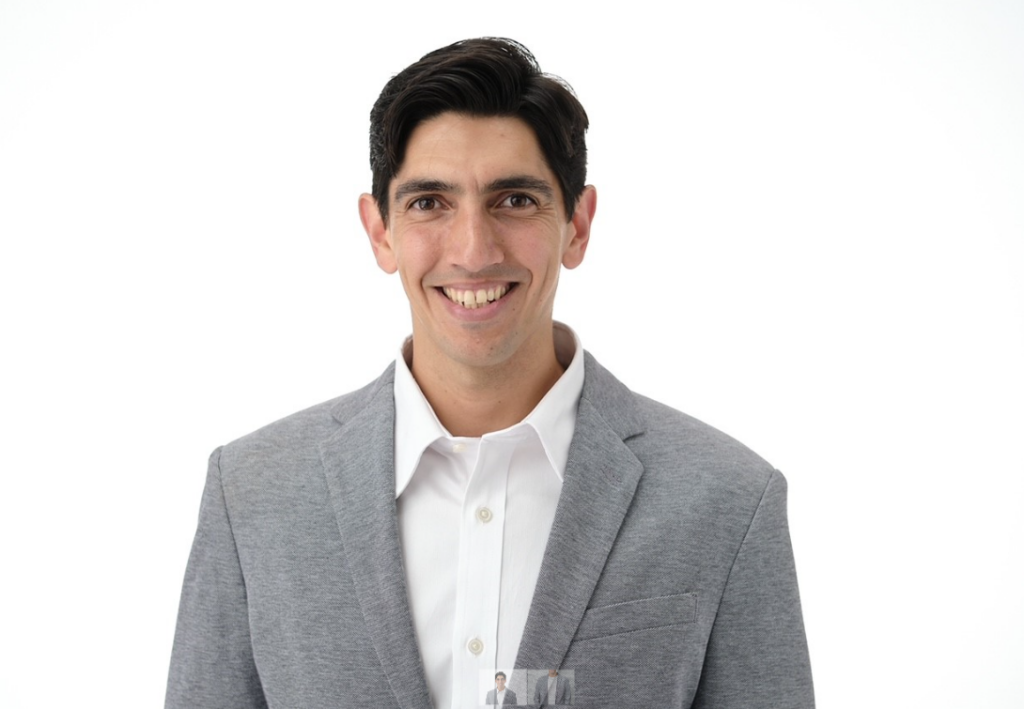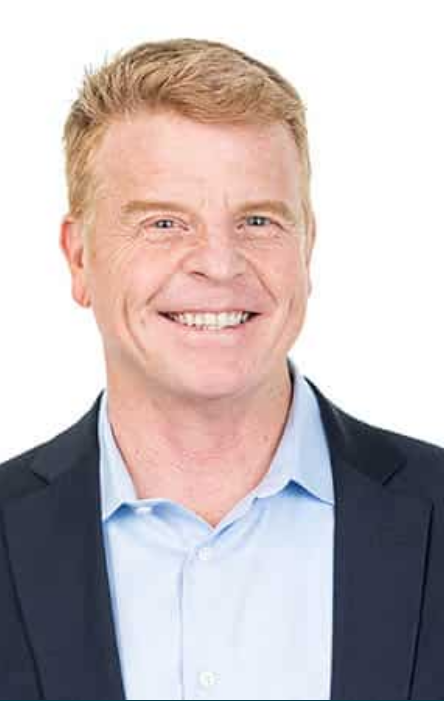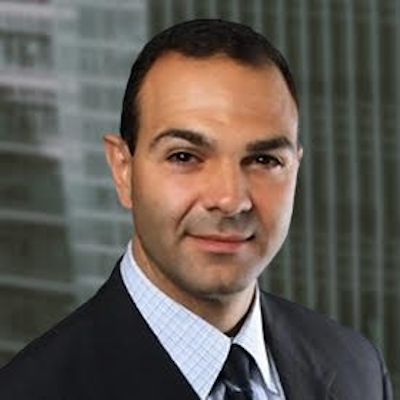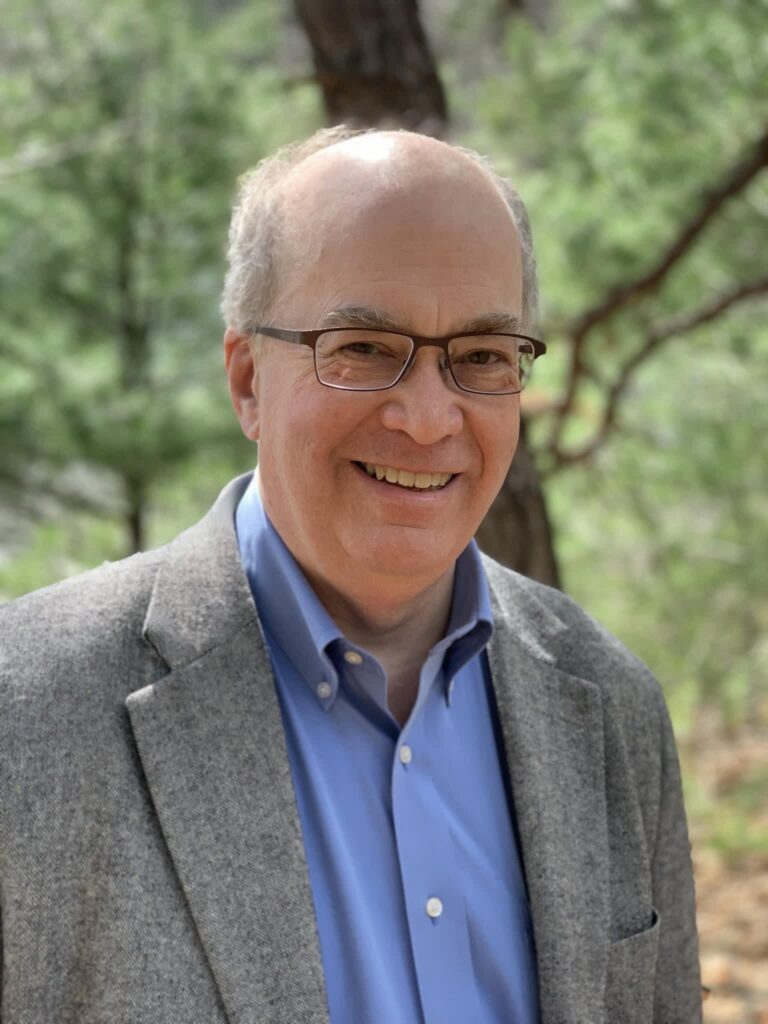In the Now Podcast: Episode 33
Join Nowspeed's CEO, David Reske, as he engages in discussions with founders, marketers, and CEOs from around the globe. Delving into the realm of marketing and leadership, aiming to unravel the myths and misunderstandings that often surround these topics.
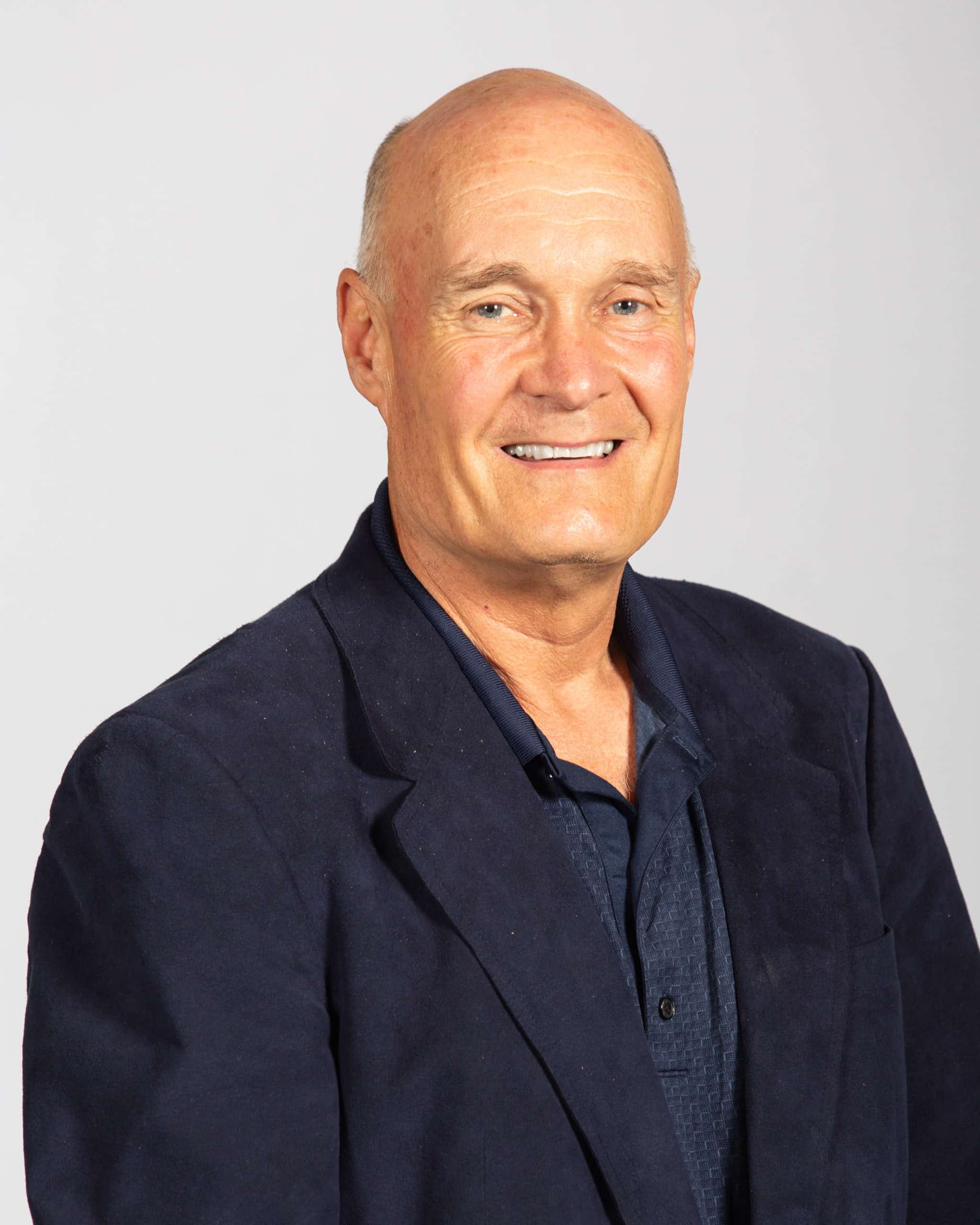
Randy Case CEO Coach | C12
Leading With Emotional Intelligence
Are leaders primarily concerned about strategy and goal setting, or it something else? In this episode of In the Now, Randy Case, a CEO coach at C12, talks about how good leaders need to be very effective at solving problems with emotional intelligence while engaging others to get things done. Randy spent many years as a college professor and deeply understands the theoretical and strategic nature of businesses, but his perspective with dozens of companies as a CEO coach has shaped his views about how personal relationships and emotional intelligence matter every day. Join me for this personal conversation to help take your problem solving skills to the next level!
Get a Free Marketing Analysis and Consultation
Nowspeed can review your Website, SEO, PPC, Email or Social Media Campaigns and identify ways to make an immediate impact!
Episodes
Want to be a guest on the show?
Episode Transcript
Should leaders focus on problem-solving or goal-setting? In this installment of In the Now, Randy Case, a CEO coach, sheds light on the qualities that make up competent leadership such as the ability to inspire and mobilize others for effective task completion.
Watch the full interview with Randy Case here and read an excerpt from the interview below.
Nowspeed: Welcome to another edition of In the Now, where we strive to debunk myths and misunderstandings about marketing and leadership. I am your host, David Reske, founder and president of Nowspeed Marketing. Today, I am delighted to welcome a close personal friend, Dr. Randy Case.
Dr. Case brings an unparalleled level of experience and expertise to our discussion. Presently, he’s an area chair at the C12 Group, a faith-based executive roundtable organization. Prior to this role, Dr. Case’s career included professorships at Boston College and Regent University. His scholarly credentials are further enhanced by a Ph.D. from the Wharton School. However, Randy is not just an academic powerhouse; his keen insights and profound wisdom have had a transformative impact on my perspectives on leadership.
Randy, welcome to the show. It’s a pleasure to have you here. Could you start us off by sharing a little about your work at C12 Group?
Randy: Thank you for the warm welcome, David. C12 brings Christian CEOs and business owners together in roundtable groups for mutual coaching, support, and accountability. We have groups throughout the United States and a few in other countries. Each group typically comprises about 12 members, which is the inspiration behind our name, C12. As an area chair, my role entails facilitating these meetings and offering one-on-one coaching to the CEOs, helping them navigate their unique business challenges within a faith-based context.
Nowspeed: That sounds fascinating. Your combination of strategic business acumen, rigorous academic training, and intimate engagement with CEOs lays the groundwork for a stimulating discussion. I usually begin these sessions by debunking a common myth. The myth for today’s session is: “Leadership is primarily about setting goals for the organization.” What’s your take on this?
Randy: That’s an intriguing question, David. While setting goals indeed forms a part of leadership, it’s not the defining aspect. In my experience, the true distinction between a good leader and an average one is not merely the quality of their goals or their adherence to these objectives. I propose that leadership encompasses more than setting goals. It’s about identifying, understanding, and resolving the challenges that an organization encounters. Even a great vision, which is somewhat related to goal-setting, can fail if it doesn’t resonate with the market or the team it’s intended to inspire.
Nowspeed: So, you’re suggesting that leaders should shift their focus from goal-setting to problem-solving?
Randy: Absolutely. Goals and plans are necessary, but they don’t inherently energize people or organizations. Instead, problems stimulate and arouse passion within individuals, prompting them to rise, take notice, and collaborate. Thus, I believe that problems are, in fact, the lifeblood of organizations. They invigorate organizations, create momentum, and drive innovation.
Nowspeed: That’s an unexpected yet refreshing perspective! Given your role at C12 and your extensive academic history, how have these insights shaped your approach to leadership and problem-solving?
Randy: That’s an excellent question, David. Having worked closely with a diverse array of leaders over the past 15 years, I’ve noticed that what sets great leaders apart is their approach to handling problems. The entire organization is watching them, and how they tackle challenges not only affects their own leadership efficacy but also influences the emotional atmosphere of their organization. Addressing problems is more than an intellectual exercise; it involves the heart too. Emotional intelligence, the ability to manage one’s emotions and those of others, plays a crucial role when facing conflicts, which problems inevitably bring to the surface.
I’d say that my favorite phrase, which I’ve adopted as my leadership mantra, is a quote from the pop singer Kelly Clarkson, “What Doesn’t Kill You Makes You Stronger.” I think that’s apt for leaders. Problems are not the enemy. Ignoring problems is.
Nowspeed: Insightful as always, Randy. I think many of our listeners could benefit from adopting that mindset.
The conversation is far from over. Make sure to watch this interview with Randy Case in its entirety here.

